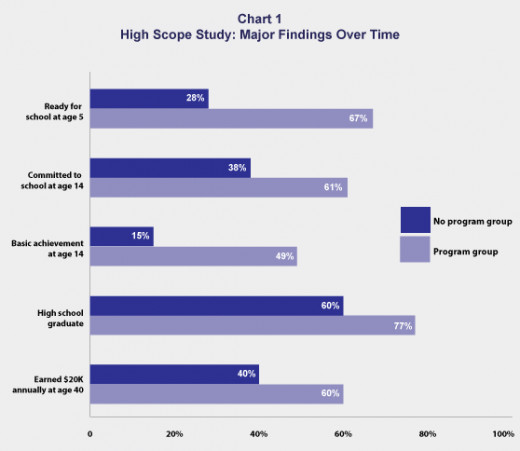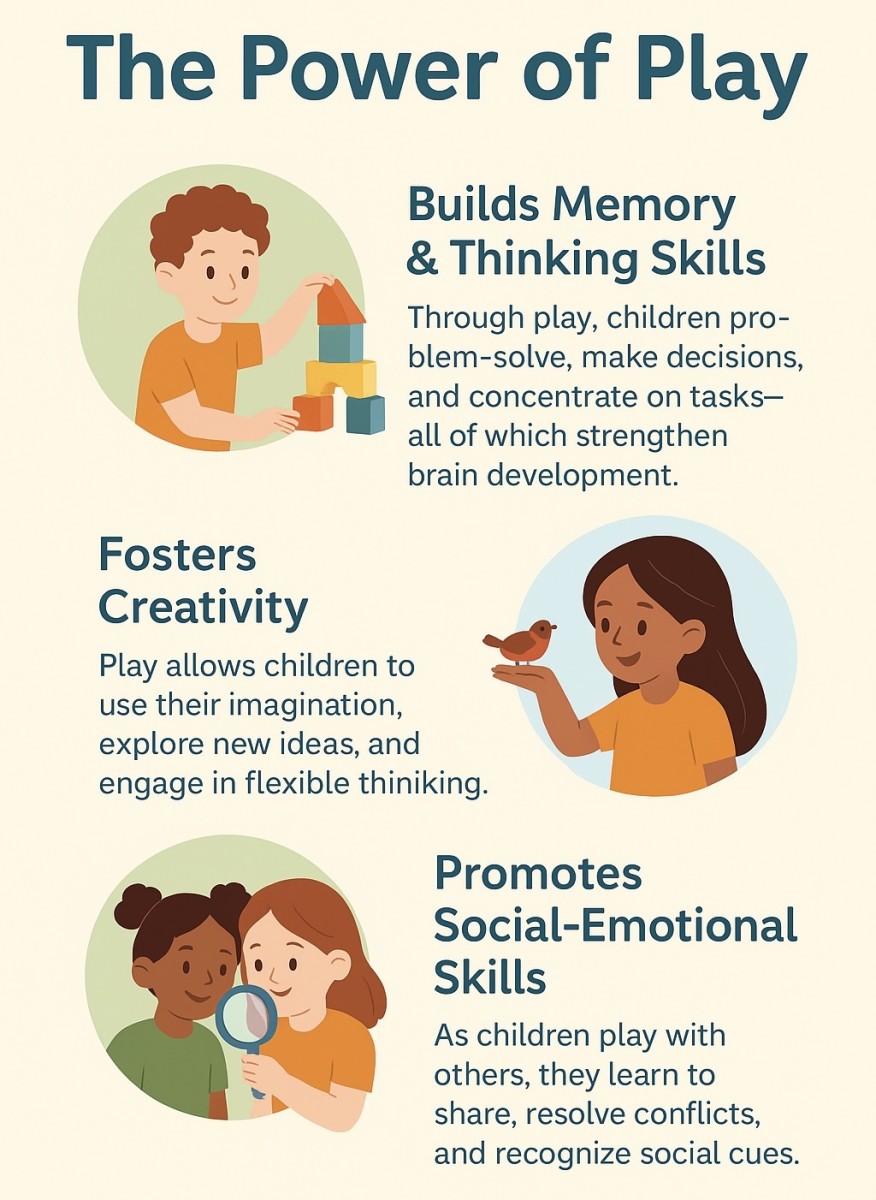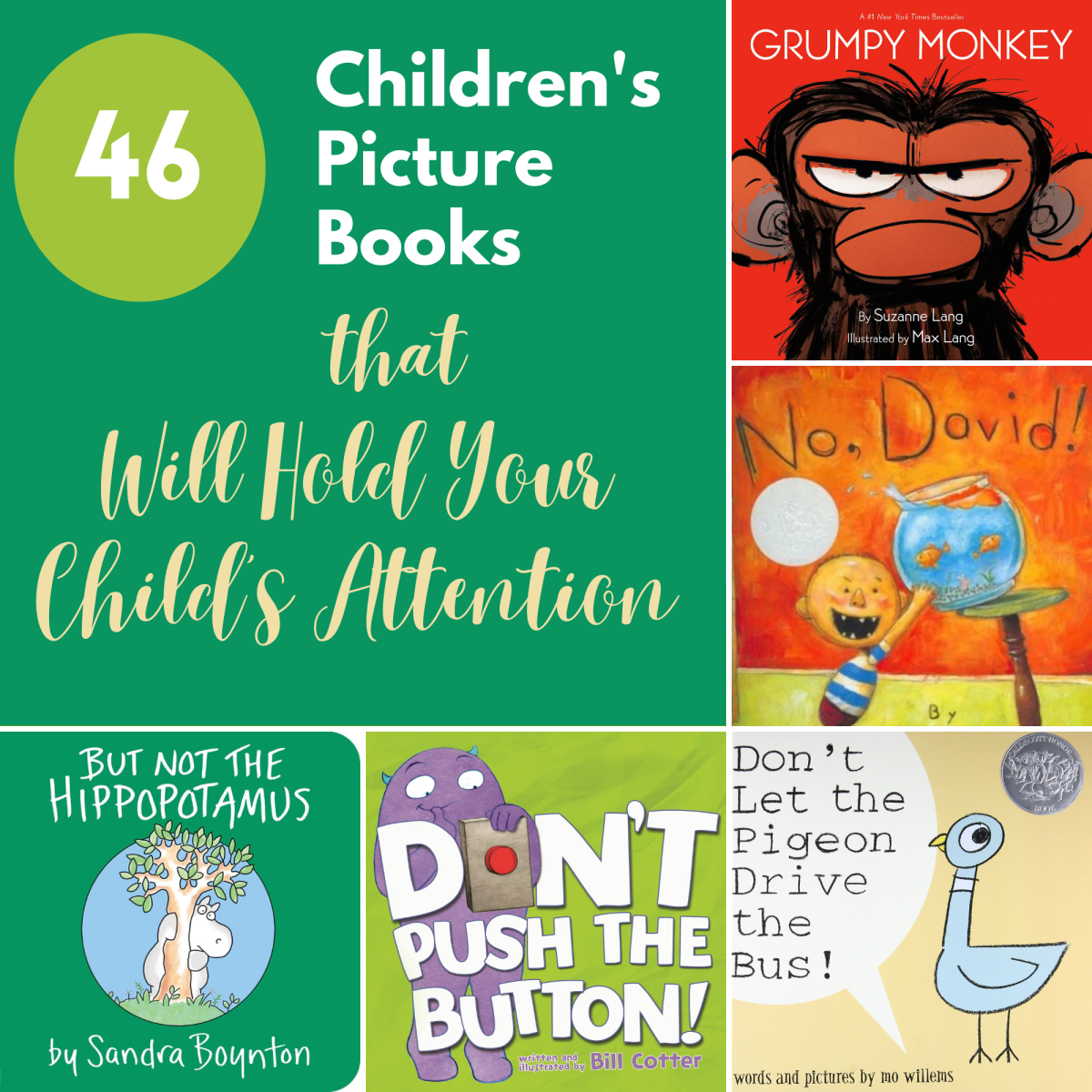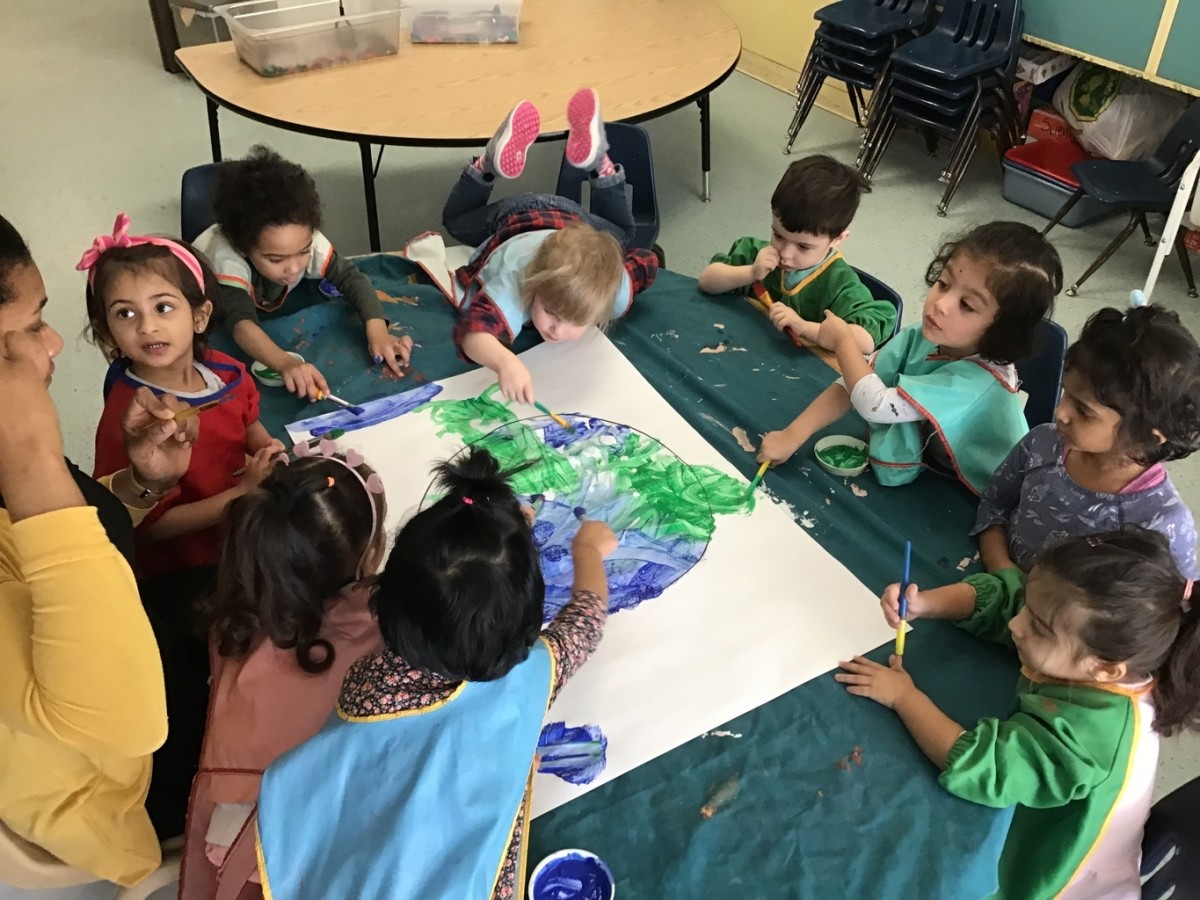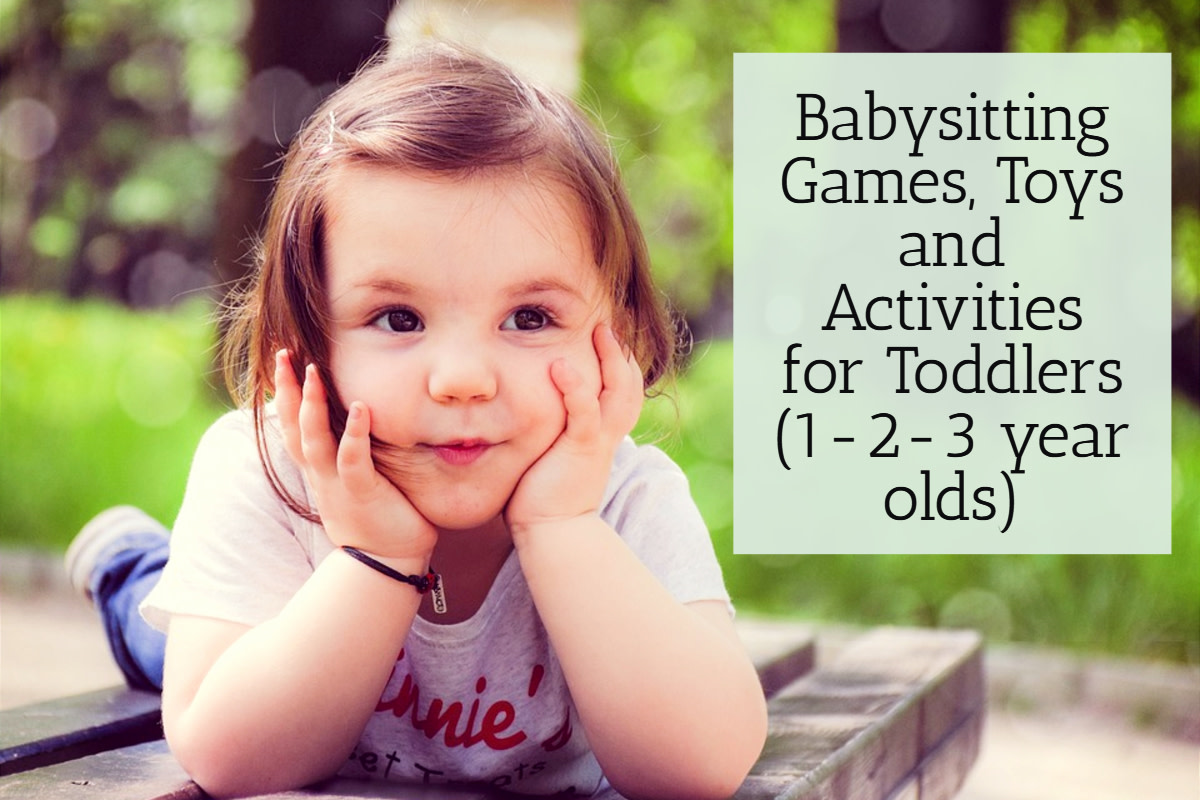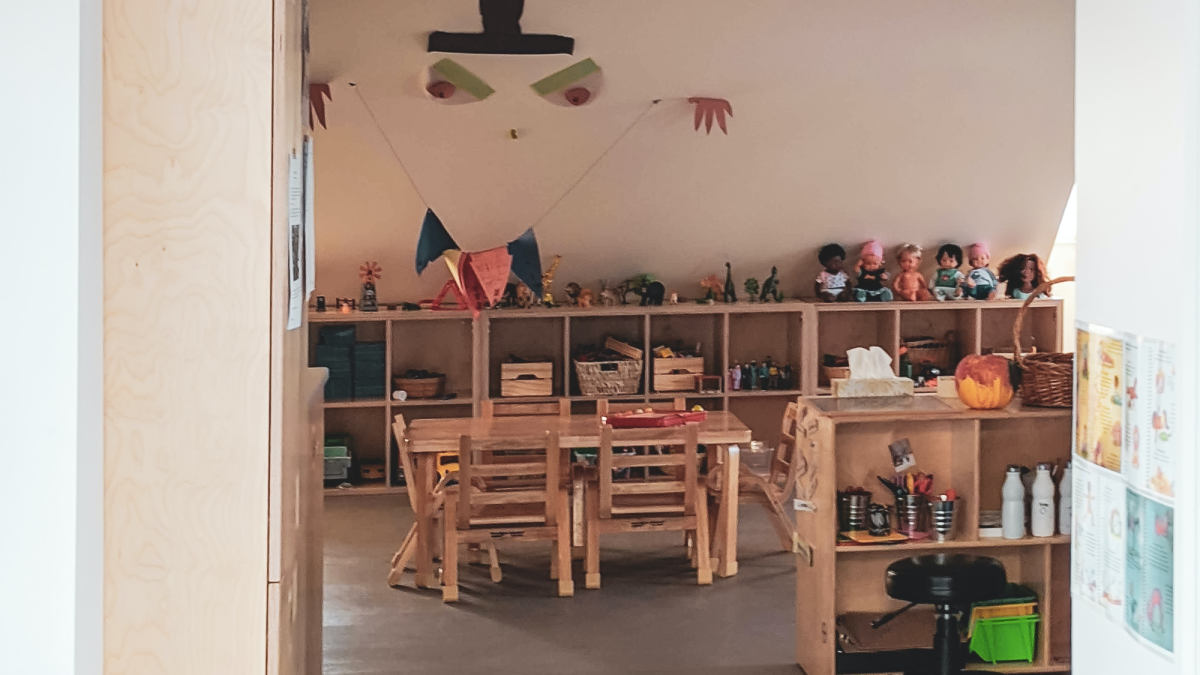Reflections Preschool
During the early years, children go through crucial developmental stages, and continuous, quality early childhood education can have a lasting, valuable effect on the overall development of children. High-quality early childhood development programs that offer developmentally adequate curricula, allow children to formulate specified cognitive skills at the suitable age. Developmentally adequate curricula assist in the development of cognitive skills which help them acquire new skills and knowledge. The preschool provides children the opportunities to take part in activities they would not typically do at home such as arts and crafts, science activities, sand and water play, music and movement. These activities can enhance children’s lives, increase their development and supply them with the tools they need for the future.
Children who participate in preschool get to connect with peers and discover the art of socializing. When it is time to go to kindergarten, children who have attended preschool are inclined to be more mentally prepared because they are already acquainted with a certain level of structure. Quality preschool programs can enhance children's lives, build social skills and enhance their cognitive skills. When children are able to socialize, they build many necessary tools they will use throughout the rest of their lives. Preschool helps prepare children for future years in school.
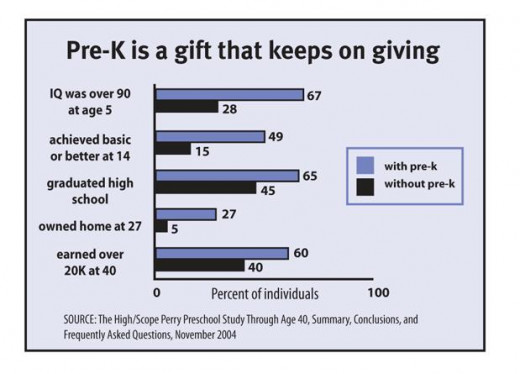
Preschool aged children grow and develop at a very fast rate. The preschool years are a critical stage in emotional development for children. During this time children begin to understand that their body, mind and feelings are their own. Children at this time become better at identifying their own feelings – such as happiness, sadness, fear or anger. Children also demonstrate a variety of feelings, such as fear of imaginary things, worry about how others act, and begin to show affection for people. This is also the time when self-esteem strengthens and children are more inclined to handle their own behavior. Children also begin to develop real friendships and establish more social skills. Children's language will improve a great deal during the preschool years. Preschoolers are very social. They may have a group of preschool-age friends, whom they hope to please and be like. Imaginary friends may become important during this time as well. Preschoolers learn hundreds and hundreds of new words during this time. They discover words by listening to adults and by speculating from context. They learn from their experiences and from listening to stories they read out loud. Children at this time will comprehend more words than they will actually say. Children's language skills develop at a rapid rate this year, and they will be able to express how they are feeling, discuss their own ideas and use words that rhyme. Children love having conversations, and will begin asking lots of questions, oftentimes about the meaning of words. At four, preschoolers will be able to use hundreds of words to form many sentences. Children's hand-eye coordination will be improving, which will allow children to build complex block structures, do puzzles, string small beads, put small pegs in small holes, play games, and pour sand or liquid into small dishes. These achievements are all due to the developing of fine motor skills.
There has been a continuous debate over the importance of preschool and how effective and necessary preschool really is. Many studies have established that preschool education can have significant benefits in terms of children's learning and development (Barnett, 2002), however, researchers argue about whether these benefits are actually long lasting. Recent studies have found that preschool education provides continual benefits on achievement test scores, combined with reduced instances of grade retention and placement in special education programs (Barnett & Camilli, 2002). Other long-term advantages of preschool education consist of improved high school graduation numbers and a decrease in crime and delinquency levels. These valuable results have extensive benefits. Despite the fact that preschool education studies have mainly concentrated on the advantages of early education for children living in poverty, several child care studies suggest that high-quality, efficient early education programs enhance the learning and development of all children (Shonkoff & Phillips, 2000). Preschool has a wide variety of benefits. Preschool assists in cultivating the future workforce, securing long-range economic competitiveness, and most importantly by building our future leaders. The importance of high-quality preschool is huge. It is a vital solution to closing the achievement gap among children of assorted economic backgrounds and prepare them for kindergarten, primary school, and beyond. Children are entitled to have to high-quality education that encourages school readiness, no matter what.
Through play, children discover more about themselves, their environment, and the world around them. As they play, children learn to resolve challenges and to get along with others. They increase their creativeness, build leadership skills and healthy personalities. Play strengthens skills children must have to read and write. Play in early childhood is the most ideal basis to succeed in school. Language improves as a child plays and connects with others. Positive play experiences establish a positive emotional well-being. Through play and imagination, a child can satisfy wishes and conquer fears of uncomfortable experiences. When children feel protected, safe, productive and capable, they collect crucial pieces of positive emotional health. Sharing play experiences also can produce strong bonds between parent and child. Both individual and social play is essential for a child's growth. A child can play with a toy alone and at the same time, develop a stronger sense of independence, self-sufficiency and perseverance.
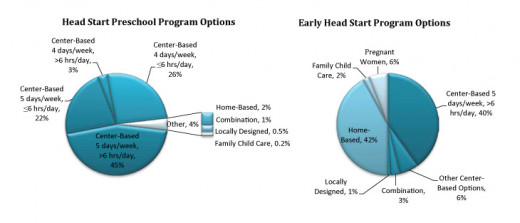
Preschool and early education has seen many changes over the past few years. With more government involvement preschool has changed in many ways. Not too long ago children who were from lower income families did not get the opportunity to attend preschool. The government believing that quality education should be available to every child regardless of economic status, developed federally funded preschools and kindergartens across the US. This was a huge change in education. Children were now able to start on the academic path a bit earlier. Child care requires more than just merely raising, educating and disciplining a child. People's view on child care have changed over the years as parents are now considerably more open-minded to using new strategies of raising children. This advancement is a far cry from when the mother, grandparents and nanny, did most the children rearing from home. Many child care centers have evolved in recent years to take care of infants as well. What this means is that today more and more children are starting school and earlier than ever before.
Today preschool programs are rapidly expanding. While families hope for impressive results, those results may be compromised by another change in American education: standardized testing. In the last few years, education policy has come to be controlled by the immediate demand to boost test scores. Preschool supporters worry that tests do not assess the important issues that preschool is supposed to be teaching children - such as getting along with others, to be curious, and how to try hard. Preschools seem to be pressed toward preparing the youngest of students for testing, and losing one of the most valuable elements of preschool-play!
Limited funding, teacher deficits, teachers with poor training, aging schools, and weak leadership impacted quality education (Wortham, 2002). Preschool and other early childhood education programs face many challenges in today's society. Funding perhaps is the most difficult challenge. Many families are not able to afford quality daycare. The government provides funding for public early education programs, however much of this promised funding has yet to be seen. While the majority of lower income children do benefit from these programs, many feel that preschool should then be free for every child. Another issue early education faces is the continuous decrease in available teachers. Many of the teachers today are not properly trained and do not have the credentials to even be in a classroom. Children will not be able to receive quality education if teachers lack the tools to teach them. The most important task of all as a society is to safeguard our children. Too many expectations endangers them. A significant quality of being human is that it requires quite a long time for children to grow up and acquire all the capabilities that are part of human nature. In comparison to the young of other mammals, children take much longer to mature. Our children ought to have the right to grow at a human rate. An essential part of this is encouraging time for play. Children have such strong resources for growth and learning that with a nurturing environment and reasonable support the majority will succeed remarkably.
